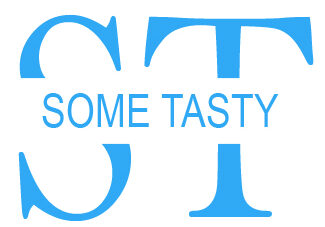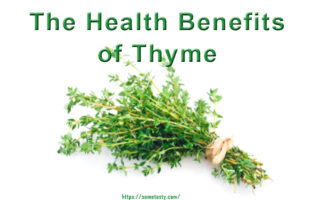There is no one specific “renal diet”, only guidelines to help you control the levels of salts in your bloodstream through what you eat. The diet required for renal deficiency varies with each case, the severity of the malfunction, whether swelling is present, whether you are over-weight, what your blood electrolyte readings are, and whether you are a candidate for dialysis or not.
Check out these related articles, too:
Does a Kidney Disease Cure Exist? The Answer May Surprise You
The Treatments Available For Kidney Failure
With renal failure, the salts in the bloodstream are completely thrown off balance. The aim of renal diet guidelines is to help control the build-up of waste products and fluid in your blood by placing less pressure on your kidneys.
Renal diet guidelines are built around blood test results and a normal healthy balanced diet. The idea is to limit the intake of salts that are too high. Fluids may also be restricted if your kidneys are unable to excrete sufficient water. Protein intake is limited so wastes like urea are kept at a minimum.
The salts that commonly need to be restricted are:
Sodium. Sodium can cause high blood pressure and fluid retention. Most renal diets use minimal salt in cooking, and stipulate, “No added salts”. “Lo-salt” combinations are not suitable for salt replacement as they have high potassium levels, and should not be used. Processed foods, sausages, sauces, ketchup’s and many canned foods should be avoided.
Phosphorus cannot be removed by dialysis, so it might become a problem. Levels are monitored, and kept under control by diet and sometimes medication. High phosphorus foods include dairy products, beans, peas, beer and cola drinks.
Potassium should only be restricted if the blood levels are high. Many healthy vegetables and fruits contain potassium. High potassium foods include apricots, orange juice, bananas, avocados, beets, spinach and many more.
Proteins are a necessary part of a healthy diet, but should only be eaten in small amounts. Proteins that should be restricted, include all meats, fish, eggs and dairy products.
Fluids might be restricted if water retention is present in the form of generalized swelling or fluid in the lungs. Fluids are often strictly controlled for patients on haemodialysis. Fluids include all beverages, soups, water and juices.
Carbohydrates are energy foods and should not be restricted unless you are a diabetic or overweight. Lastly, it might be advisable to take vitamin and antioxidant supplements to boost your immune system.
Following renal diet guidelines will help decrease the workload on damaged kidneys and slow down the loss of kidney function. The renal diet guidelines are intended to help keep kidney sufferers healthy and functional by eating to support and augment their treatment. It is very important to get specific advice from your doctor and dietitian at all times.
Article Source: http://EzineArticles.com/6696892




[…] Renal Diet Guidelines […]